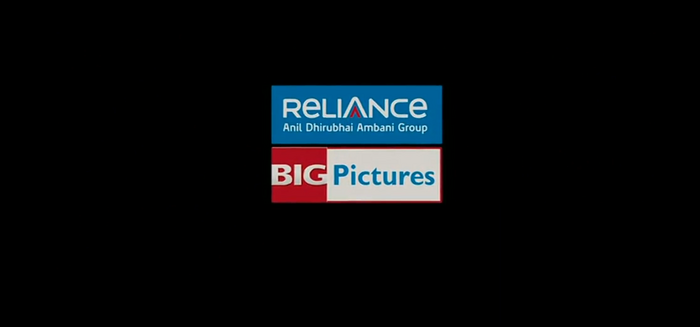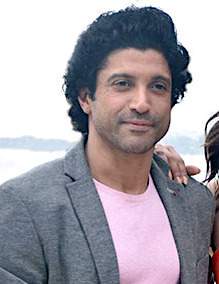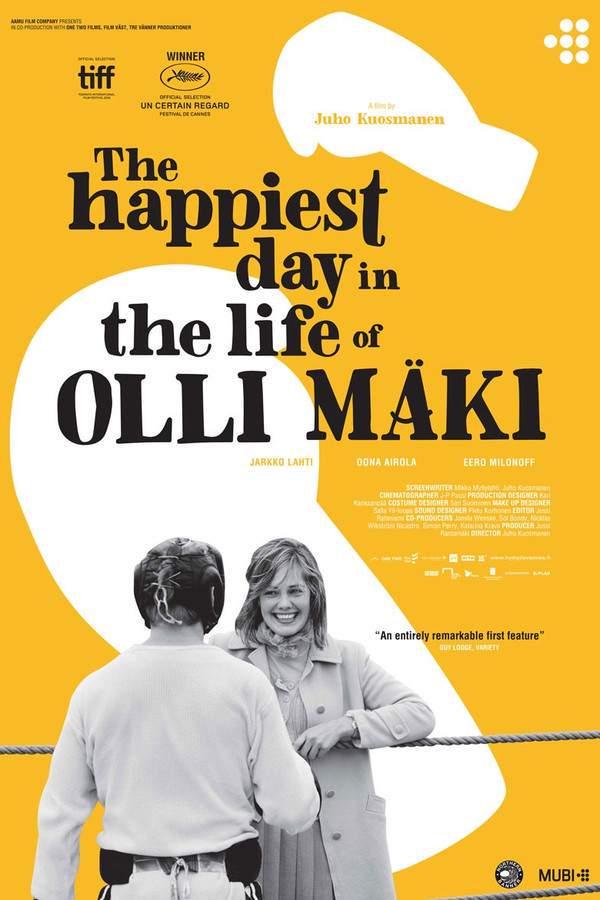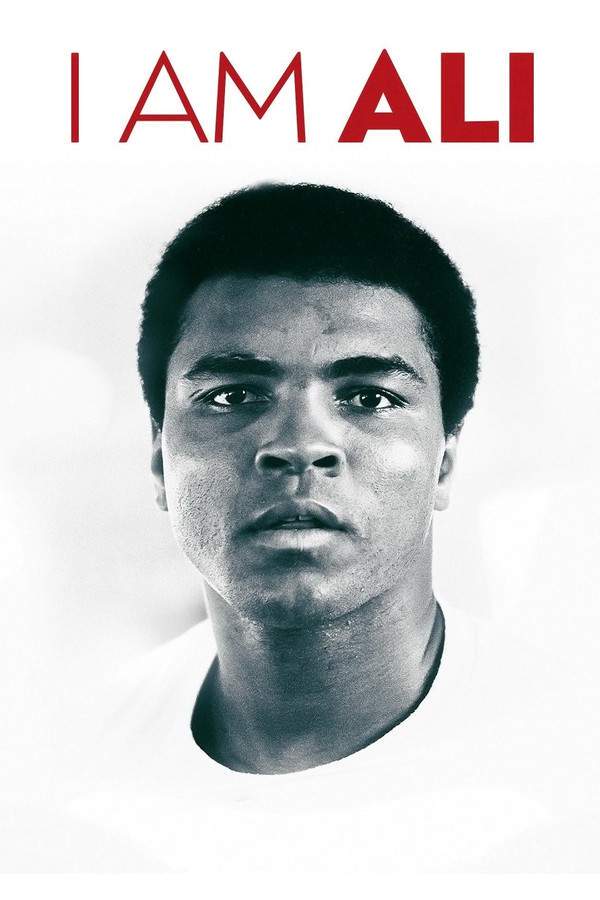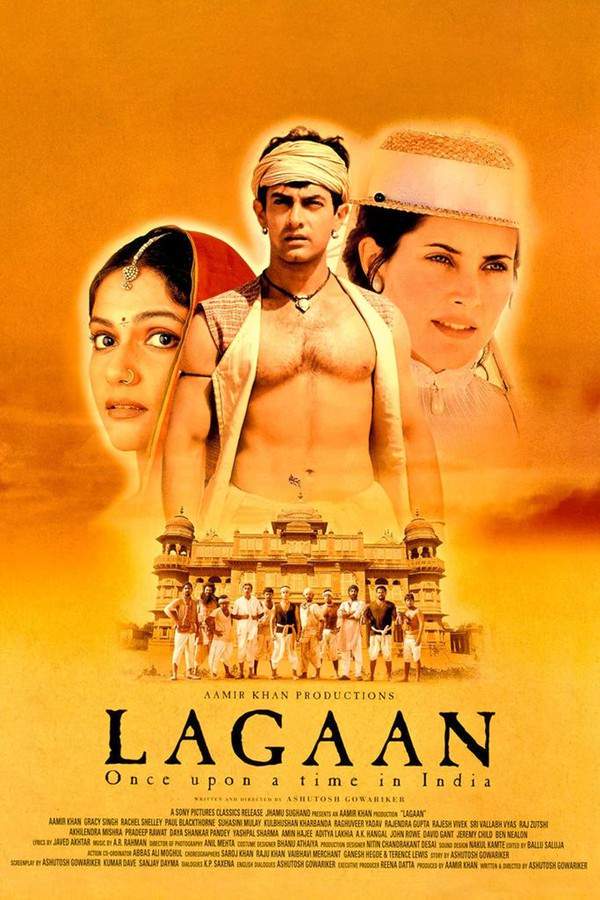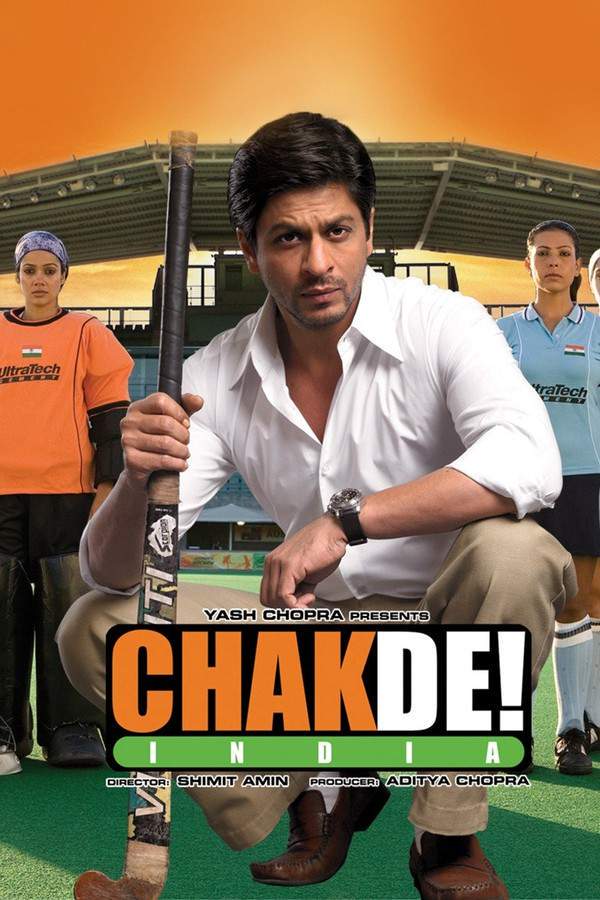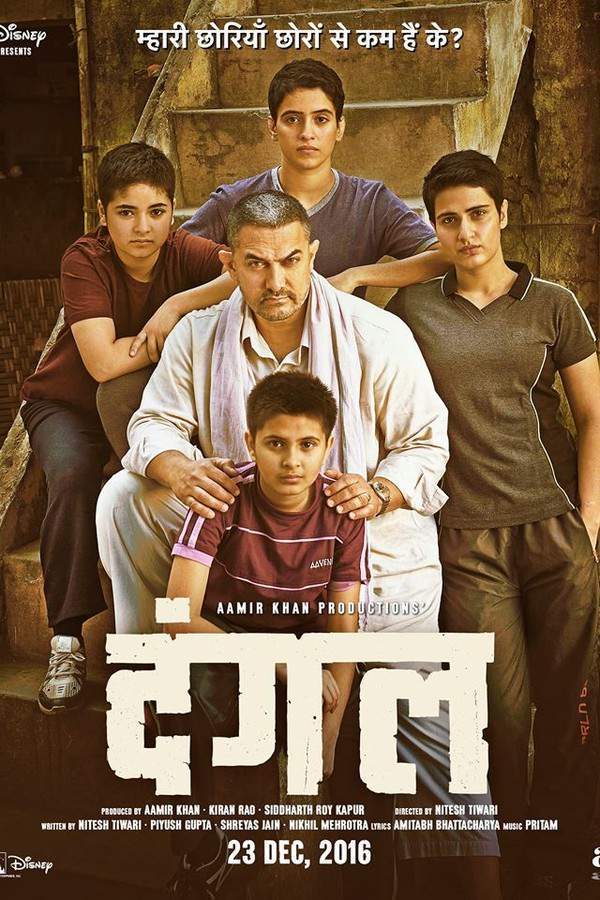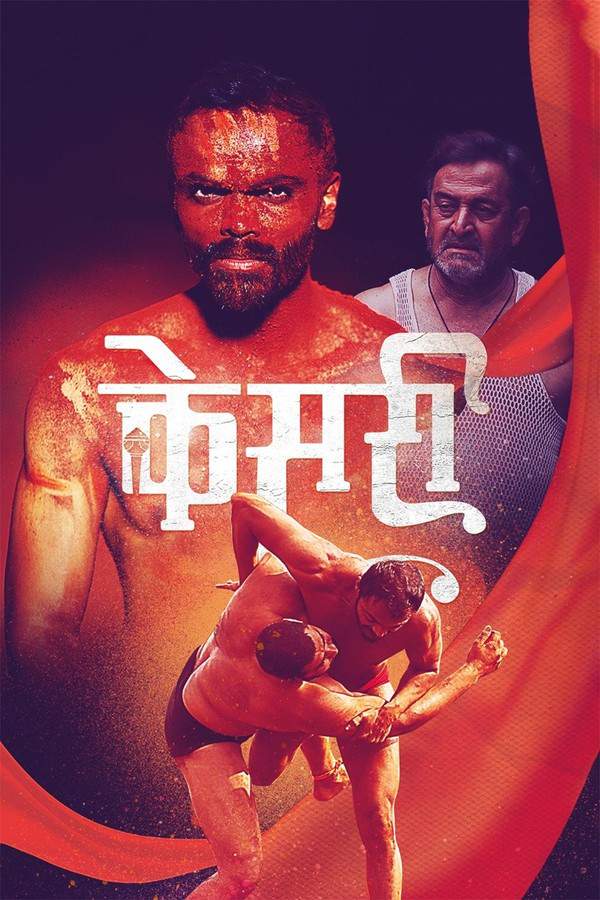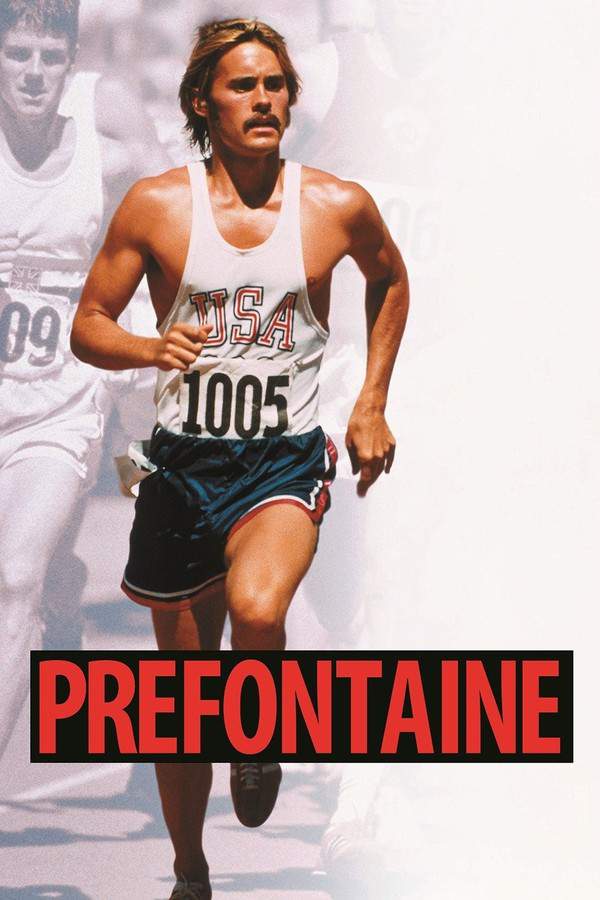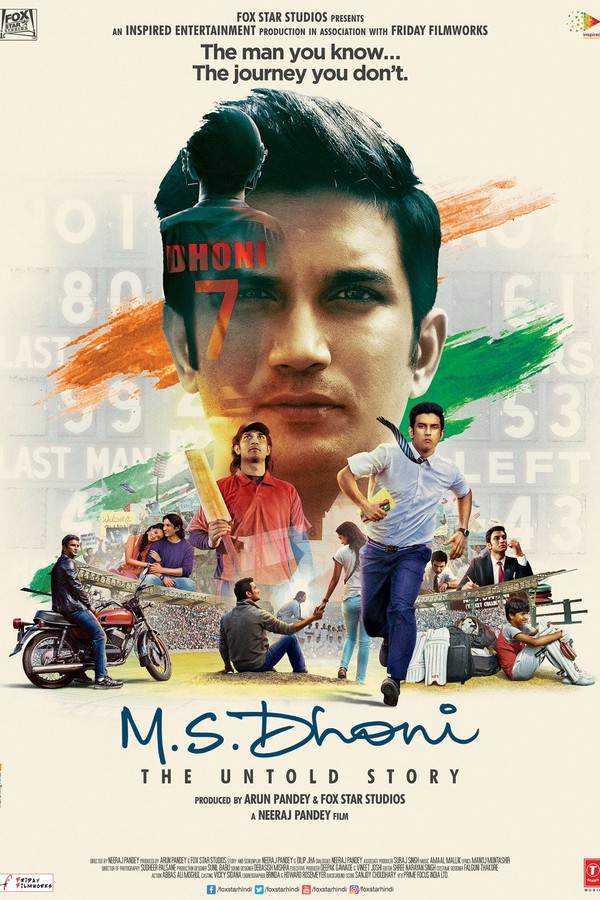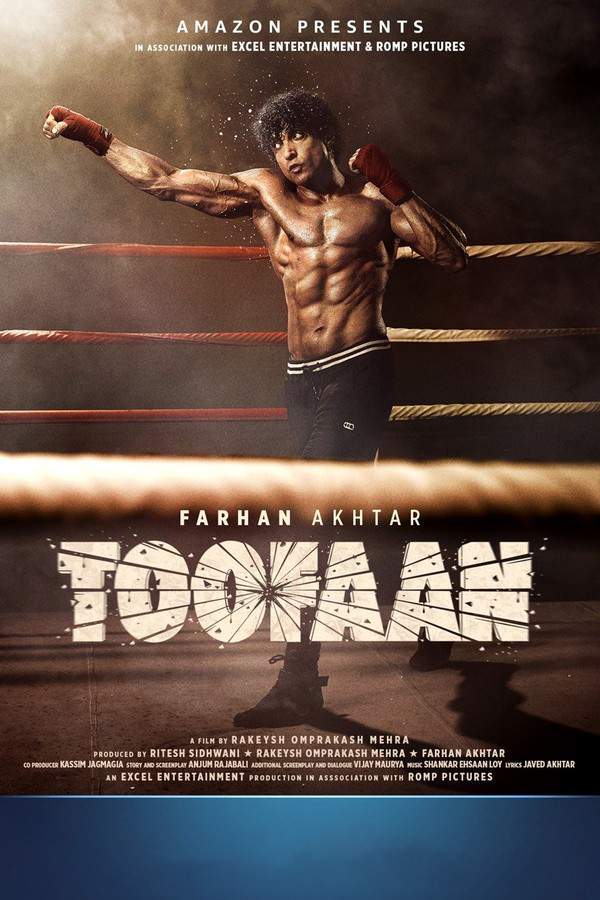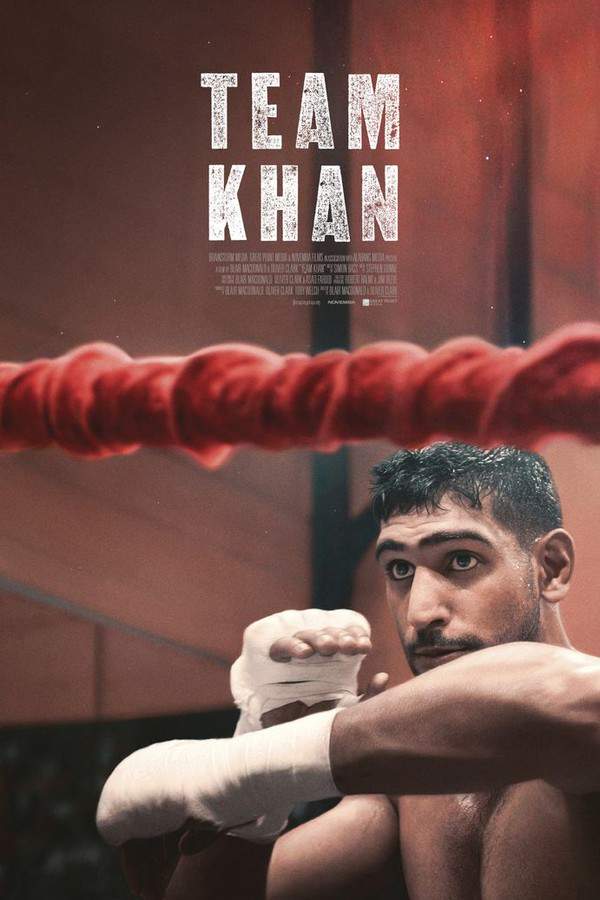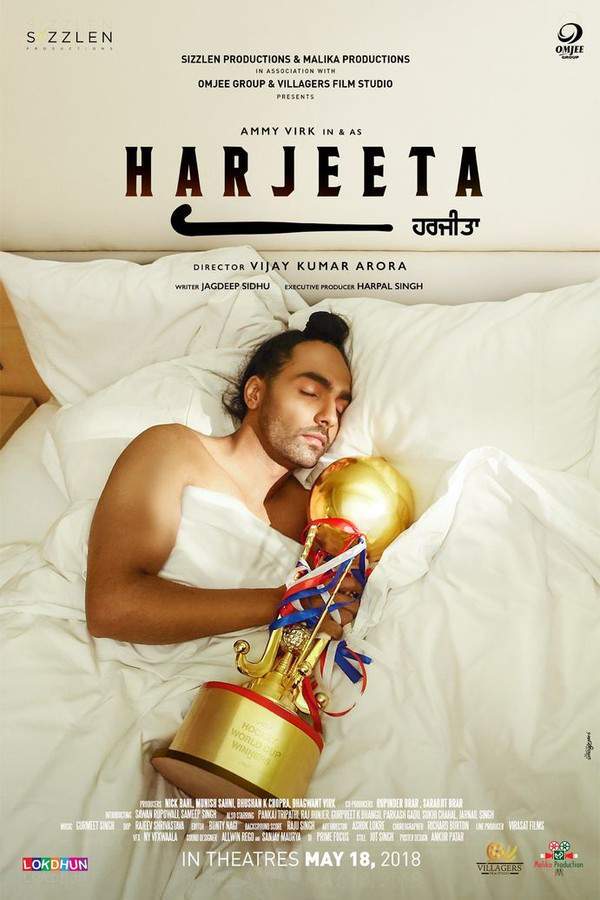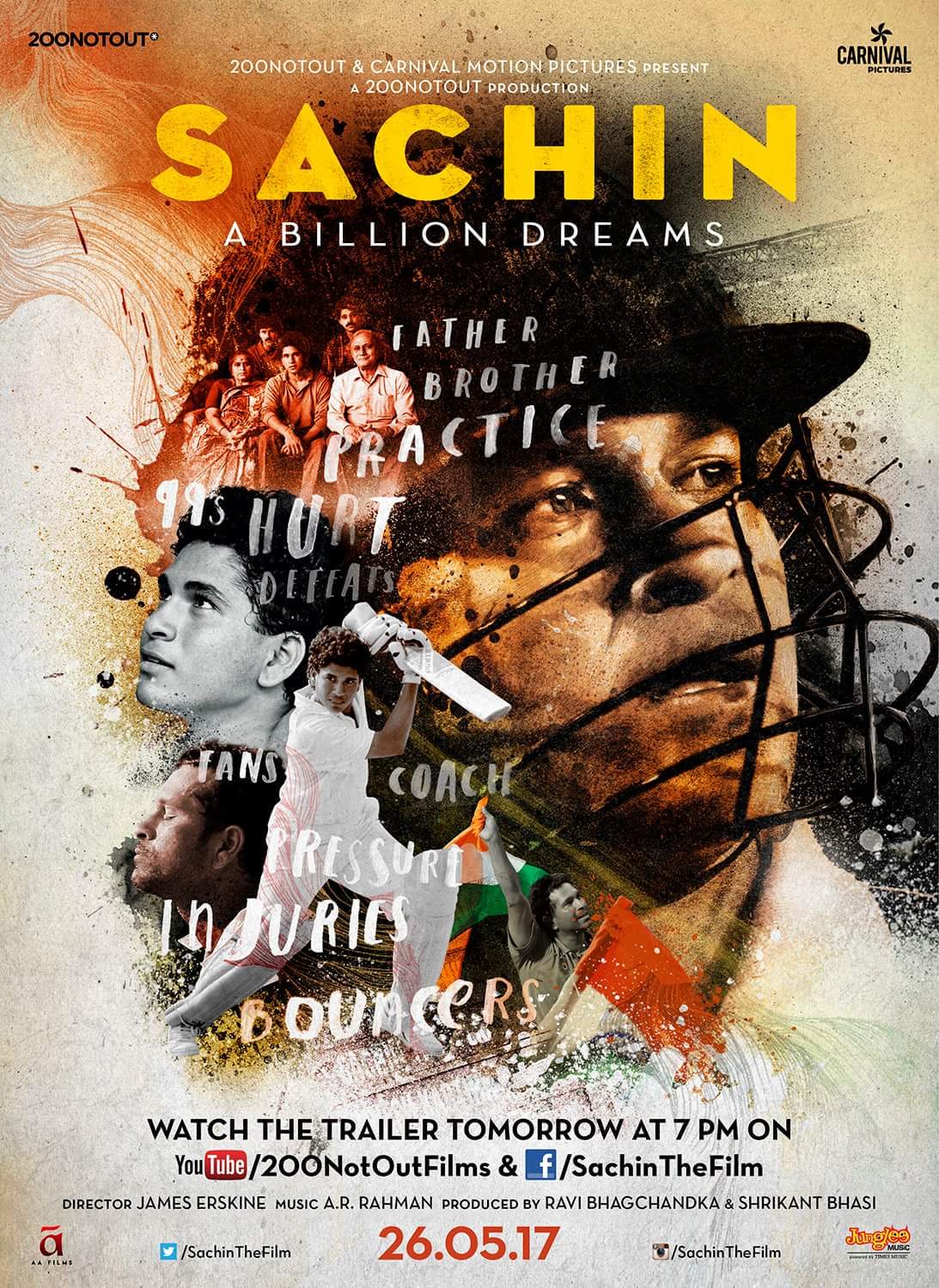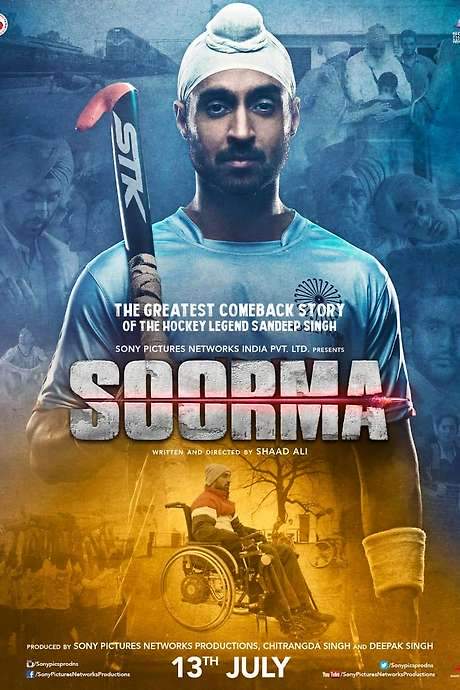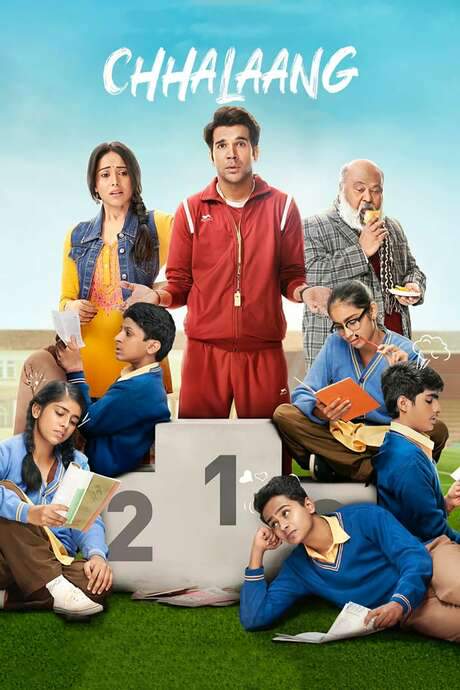Bhaag Milkha Bhaag 2013
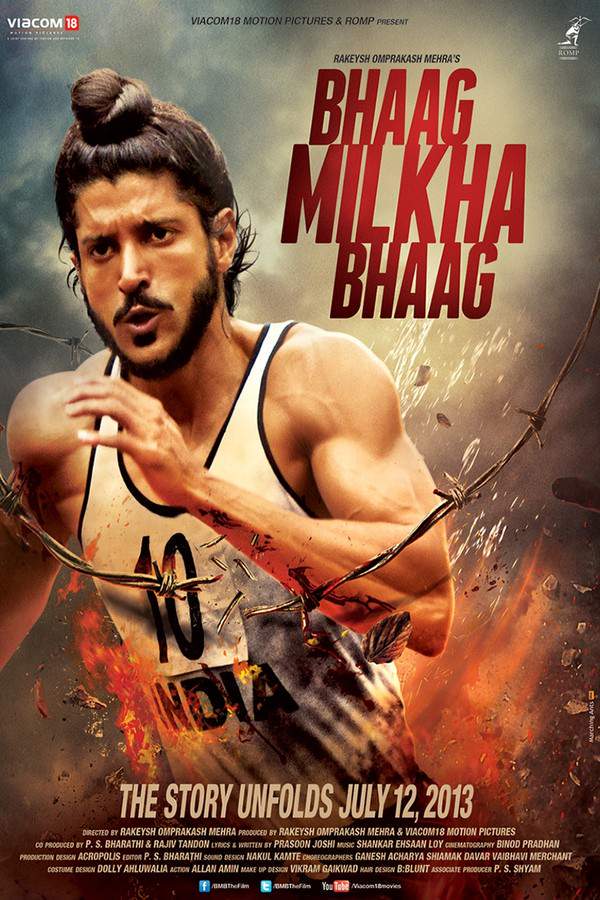
This biographical film tells the story of Milkha Singh, a celebrated Indian athlete. Farhan Akhtar portrays Singh, recounting his journey from a difficult childhood marked by tragedy to becoming a world-renowned sprinter. The film explores his intense training, his pursuit of excellence in the 400-meter race, and the devastating loss he faced at the 1960 Olympics. It’s a story of perseverance, dedication, and the unwavering spirit of a national icon.
Does Bhaag Milkha Bhaag have end credit scenes?
No!
Bhaag Milkha Bhaag does not have end credit scenes. You can leave when the credits roll.
Meet the Full Cast and Actors of Bhaag Milkha Bhaag
Explore the complete cast of Bhaag Milkha Bhaag, including both lead and supporting actors. Learn who plays each character, discover their past roles and achievements, and find out what makes this ensemble cast stand out in the world of film and television.
External Links and Streaming Options
Discover where to watch Bhaag Milkha Bhaag online, including streaming platforms, rental options, and official sources. Compare reviews, ratings, and in-depth movie information across sites like IMDb, TMDb, Wikipedia or Rotten Tomatoes.
Ratings and Reviews for Bhaag Milkha Bhaag
See how Bhaag Milkha Bhaag is rated across major platforms like IMDb, Metacritic, and TMDb. Compare audience scores and critic reviews to understand where Bhaag Milkha Bhaag stands among top-rated movies in its genre.


75%
TOMATOMETER

84%
User Score

8.2 /10
IMDb Rating

74
%
User Score

3.7
From 96 fan ratings
Take the Ultimate Bhaag Milkha Bhaag Movie Quiz
Challenge your knowledge of Bhaag Milkha Bhaag with this fun and interactive movie quiz. Test yourself on key plot points, iconic characters, hidden details, and memorable moments to see how well you really know the film.
Bhaag Milkha Bhaag Quiz: Test your knowledge on the inspiring journey of Milkha Singh in 'Bhaag Milkha Bhaag'.
What traumatic event from Milkha Singh's childhood deeply affected him?
The partition of India
The independence movement
World War II
The construction of refugee camps
Show hint
Full Plot Summary and Ending Explained for Bhaag Milkha Bhaag
Read the complete plot summary of Bhaag Milkha Bhaag, including all major events, twists, and the full ending explained in detail. Explore key characters, themes, hidden meanings, and everything you need to understand the story from beginning to end.
The film opens during the 1960 Summer Olympics in Rome, where the coach passionately exclaims, > “Bhaag Milkha Bhaag!” This phrase serves as a powerful reminder of the haunting childhood memories of Milkha Singh, portrayed by Farhan Akhtar, that overshadowed his early racing career and led to a disheartening fourth-place finish. The turmoil of the 1947 Partition of India brings chaos and mass religious violence to Punjab, tragically resulting in the deaths of Milkha’s parents.
Relocating to Delhi, he eventually reunites with his sister. As he navigates life in impoverished refugee camps, he finds companionship in fellow refugees and learns to survive through petty theft. Amid this struggle, he falls in love with Biro (Sonam Kapoor), who encourages him to embrace a life of integrity. It is in the army that Milkha catches the attention of a Havaldar after triumphing in a race that promises milk and eggs as rewards, which leads to his selection for a commission.
However, on the eve of the Indian team’s selection for the Olympics, he faces ridicule and violence from senior competitors he had previously outpaced. Despite being injured, he perseveres and breaks the national record in the race, returning home as a national champion to propose to Biro, only to discover that she has been married off while he was away.
During the 1956 Melbourne Olympics, he becomes involved with the granddaughter of his Australian technical coach, leading to a regretful one-night stand that results in a dismal performance in his final race. Overcome with guilt, he punishes himself and reflects on his shortcomings. On his journey back to India, he learns from his coach that the world record for the 400m race stands at 45.90 seconds. With a renewed sense of purpose, he trains rigorously, subsequently achieving an astounding 45.80 seconds at the Asian Games in Tokyo in 1958.
Prime Minister Jawaharlal Nehru persuades him to head the Indian team for a friendly race in Pakistan. Unfortunately, he becomes distracted, missing important press events, but his painful past resurfaces when he visits his village and recalls the traumatic murder of his parents, along with his father’s final words, “Bhaag Milkha Bhaag!” Through this emotional turmoil, he finds solace in a boy who turns out to be the son of his childhood friend.
When the race begins, although the Pakistani favorite initially leads, Milkha steadily overtakes his competitors, ultimately clinching victory and gaining the respect of both nations. Impressed by his incredible performance, General Ayub Khan, the Pakistani president, bestows upon him the title of “The Flying Sikh.” In a gesture that highlights his legacy, Nehru proclaims a day in Milkha’s honor as a “National Holiday,” fulfilling the wishes of the man who overcame immense adversity.
Uncover the Details: Timeline, Characters, Themes, and Beyond!

Coming soon on iOS and Android
The Plot Explained Mobile App
From blockbusters to hidden gems — dive into movie stories anytime, anywhere. Save your favorites, discover plots faster, and never miss a twist again.
Sign up to be the first to know when we launch. Your email stays private — always.
Watch Trailers, Clips & Behind-the-Scenes for Bhaag Milkha Bhaag
Watch official trailers, exclusive clips, cast interviews, and behind-the-scenes footage from Bhaag Milkha Bhaag. Dive deeper into the making of the film, its standout moments, and key production insights.
Bhaag Milkha Bhaag Themes and Keywords
Discover the central themes, ideas, and keywords that define the movie’s story, tone, and message. Analyze the film’s deeper meanings, genre influences, and recurring concepts.
Bhaag Milkha Bhaag Other Names and Titles
Explore the various alternative titles, translations, and other names used for Bhaag Milkha Bhaag across different regions and languages. Understand how the film is marketed and recognized worldwide.
Similar Movies To Bhaag Milkha Bhaag You Should Know About
Browse a curated list of movies similar in genre, tone, characters, or story structure. Discover new titles like the one you're watching, perfect for fans of related plots, vibes, or cinematic styles.
Quick Links: Summary, Cast, Ratings, More

What's After the Movie?
Not sure whether to stay after the credits? Find out!
Explore Our Movie Platform
New Movie Releases (2025)
Famous Movie Actors
Top Film Production Studios
Movie Plot Summaries & Endings
Major Movie Awards & Winners
Best Concert Films & Music Documentaries
Movie Collections and Curated Lists
© 2025 What's After the Movie. All rights reserved.


